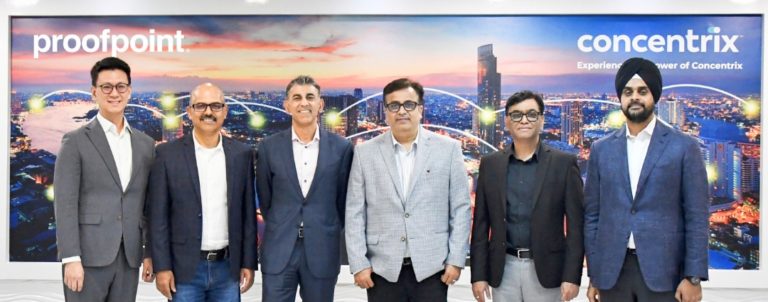Tokyo, Japan – Fujitsu, a global information and technology company, has recently announced the development of its new generative AI framework for enterprises, with the goal of promoting the use of artificial intelligence in the industry.
This solution will flexibly respond to the diverse and changing needs of companies and allow for easy compliance with the vast amount of data, laws, and regulations that companies possess.
In this launch, the company has established a generative AI framework for enterprises that consists of knowledge graphs, extended retrieval-augmented generation (RAG).
The knowledge graph extended RAG leverages knowledge graphs to link the relationships between large-scale data that companies possess, thereby enhancing the data input for generative AI. This technology advances existing RAG technology and is able to expand the amount of data references by LLMs from the conventional hundreds of thousands or millions of tokens to over ten million tokens.
It further achieves this by automatically generating knowledge graphs built on vast datasets, such as laws and company regulations, company manuals, and videos. The said solution enables knowledge based on the relationships from the knowledge graph to be accurately given to the generative AI, allowing logical inferences and providing explanations for its output.
Meanwhile, the generative AI amalgamation technology selects the highest-performing model from multiple specialised generative AI models based on the input task, or it automatically generates one by combining the models.
By predicting the suitability of each AI model and then automatically selecting and generating the model with the best performance, it is able to quickly generate high-performance specialised generative AI that meets a company’s needs in the span of a few hours to a few days.
This solution facilitates the adoption of small- to medium-scale and lightweight models, combining the most suitable models based on the input to maximise their characteristics. The said technology is expected to reduce the consumption of electricity and computational resources, as well as lead the development of sustainable AI.
Additionally, the world’s first generative AI auditing technology ensures explainable output that adheres to compliance with laws and company regulations.
This auditing technology extracts and presents the basis for its answers by analysing the internal operations of generative AI. It also features hallucination-determining technology that verifies the consistency between answers and the basis for those answers, highlighting the discrepancies in an easy-to-understand manner.
Starting in July 2024, the company is set to offer a generative AI framework for enterprises worldwide as part of the Fujitsu Kozuchi lineup.








